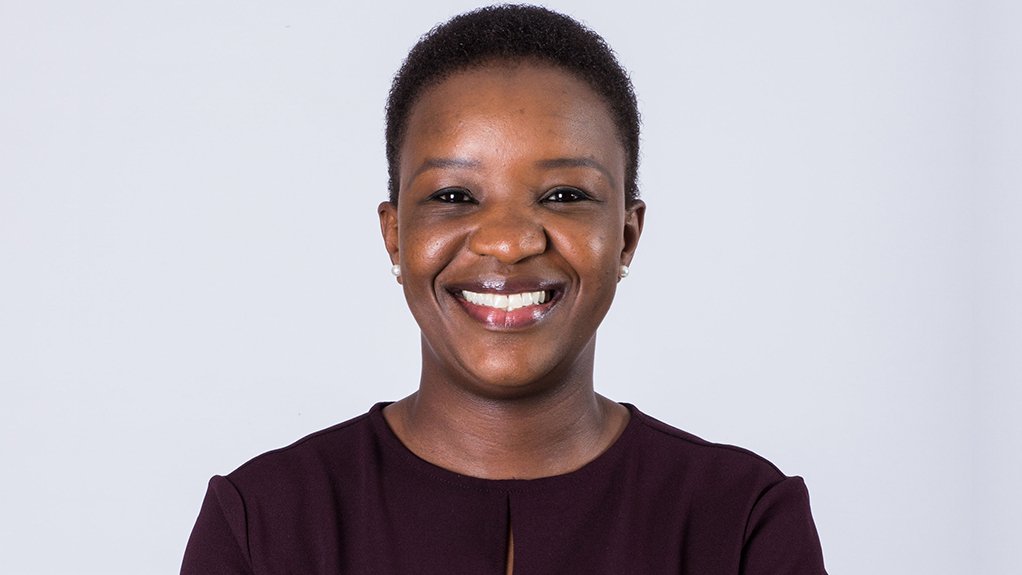The launch of Operation Vulindlela’s Phase II second-quarter report last week showed that, while it has delivered important results, critical work still remains, business organisation Business Leadership South Africa CEO Busi Mavuso writes in her latest weekly newsletter.
Operation Vulindlela is a joint initiative of the Presidency and the National Treasury, aimed at achieving more rapid and inclusive economic growth through a programme of far-reaching economic reforms.
As reported by Engineering News, the second phase of Operation Vulindlela is progressing in its reform of electricity, freight logistics, water, visas, local government, spatial integration and housing and digital infrastructure.
Mavuso highlights gains in electricity, with the major development of renewable-energy projects, State-owned utility Eskom’s return to profitability after eight years and the 14 500 MW of new energy production already registered with the National Energy Regulator of South Africa.
“The vast improvement in registration turnaround times to just 11 days has removed a major bottleneck that was holding back private investment,” she posits.
Mavuso also highlights tangible achievements in visa reforms, with the clearing of the over 300 000 application backlog and the electronic travel authorisation system starting.
“These are the kinds of practical improvements that directly enable economic activity,” she asserts.
The BLSA Reform Tracker, available for free online, tracks over 200 reforms like these and accords with the progress that Operation Vulindlela shows, Mavuso points out.
“However, implementation timelines have slowed on other critical fronts. Critical infrastructure like the Transport Economic Regulator, the independent water regulator and the unbundling of Transnet’s National Ports Authority are still on the “to do” list, despite having been on the agenda for years.
“In most cases, the legislation is done, but we await the follow-through with the implementation of the institutional reforms. Even on electricity, where progress has been remarkable, vital rules and regulations to enable wheeling, grid capacity and electricity trading are still to be finalised,” she states.
These are all slated to happen in 2026. Mavuso is confident that the Operation Vulindlela team will be able to achieve them, but also cautions about the blockages and opposition that it will face.
BLSA will continue to partner the team to target progress, she informs, also emphasising the need for government alignment and support.
Mavuso says progress on the local government reform has been slow. This is one of three new reforms introduced in Phase II.
“The challenges here are immense and that shows in Operation Vulindlela’s assessment – only half of the reforms are on track and a quarter are facing significant challenges. This is not an area that will change quickly, but one we are committed to seeing through,” she explains.
“Ultimately, the critical test of reform success is whether we can get the economy growing. While there are some green shoots emerging, we know that the key is investment. The billions being spent on electricity generation are a good example, but we need it to be happening across the economy from logistics infrastructure through to factories,” Mavuso comments.
EMAIL THIS ARTICLE SAVE THIS ARTICLE ARTICLE ENQUIRY FEEDBACK
To subscribe email subscriptions@creamermedia.co.za or click here
To advertise email advertising@creamermedia.co.za or click here











